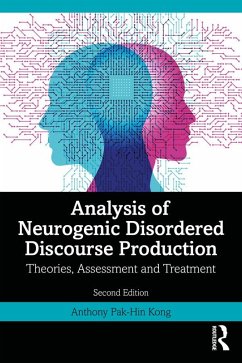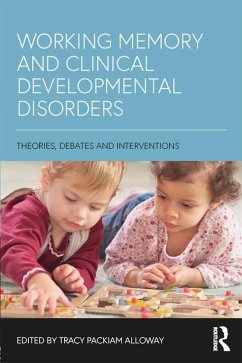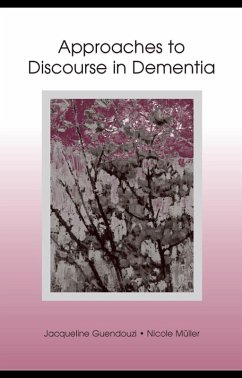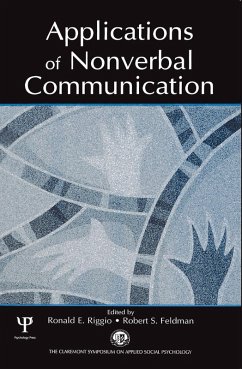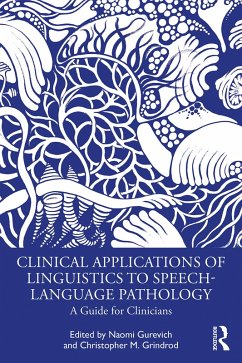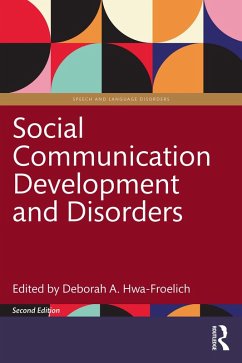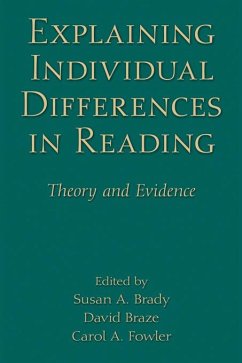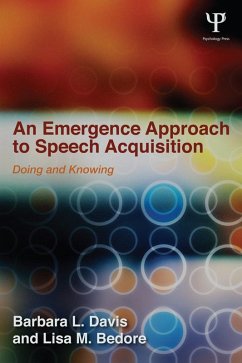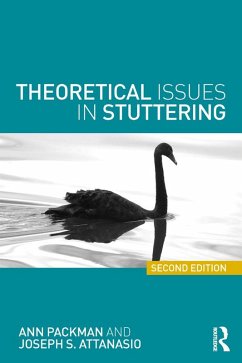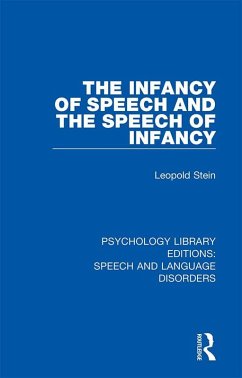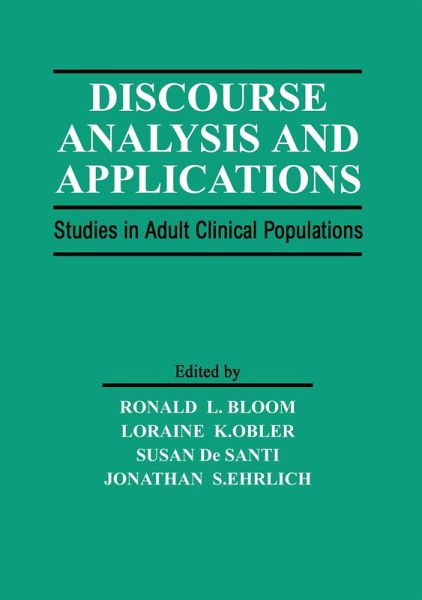
Discourse Analysis and Applications (eBook, PDF)
Studies in Adult Clinical Populations
Redaktion: Bloom, Ronald L.; Ehrlich, Jonathan S.; de Santi, Susan; Obler, Loraine K.
Versandkostenfrei!
Sofort per Download lieferbar
56,95 €
inkl. MwSt.
Weitere Ausgaben:

PAYBACK Punkte
28 °P sammeln!
Application of analytic discourse techniques to clinical practice is relatively recent. This book's contributors begin with the notion that systematic examination of discourse provides a rich source of data for describing the complex relationships among language, social context, and the cognitive processes that underlie discourse comprehension and production. Evidence is provided that when discourse is studied across different clinical populations, analysis yields an optimal opportunity for developing dynamic models of brain and language that more thoroughly account for the complexity of langu...
Application of analytic discourse techniques to clinical practice is relatively recent. This book's contributors begin with the notion that systematic examination of discourse provides a rich source of data for describing the complex relationships among language, social context, and the cognitive processes that underlie discourse comprehension and production. Evidence is provided that when discourse is studied across different clinical populations, analysis yields an optimal opportunity for developing dynamic models of brain and language that more thoroughly account for the complexity of language use in social contexts. Accordingly, studies presented in this volume have a dual focus -- to examine the implications of discourse research on neurolinguistic theories and to evaluate the contribution of discourse analysis to understanding the clinical status of patients with brain damage. As such, this volume reports patterns of preserved and impaired discourse behavior in normal adults and in different adult clinical populations. It also describes numerous tasks designed to elicit a variety of discourse genres and a host of techniques created to describe how subjects order information and relate ideas across sentences. In addition, it includes numerous abstract units and linguistic devices targeted to examine those aspects of discourse that govern cohesion, organization, and topic manipulation.
This volume is unique because it presents both theoretical and clinical papers that examine a variety of communication pathologies. Clinicians often report dissatisfaction with formal test batteries in that results are often at variance with clinical observation of performance in real life situations. To address this concern, this work proposes methods for examining discourse that move the examiner closer to naturalistic sampling. The research presented demonstrates that discourse analysis provides clinically significant information that contributes to the understanding of the cognitive, linguistic, and social status of people with communication disorders. These studies also offer a framework to support continuously evolving diagnostic and treatment paradigms for adults with neurological communication pathologies.
This volume is unique because it presents both theoretical and clinical papers that examine a variety of communication pathologies. Clinicians often report dissatisfaction with formal test batteries in that results are often at variance with clinical observation of performance in real life situations. To address this concern, this work proposes methods for examining discourse that move the examiner closer to naturalistic sampling. The research presented demonstrates that discourse analysis provides clinically significant information that contributes to the understanding of the cognitive, linguistic, and social status of people with communication disorders. These studies also offer a framework to support continuously evolving diagnostic and treatment paradigms for adults with neurological communication pathologies.
Dieser Download kann aus rechtlichen Gründen nur mit Rechnungsadresse in A, B, BG, CY, CZ, D, DK, EW, E, FIN, F, GR, HR, H, IRL, I, LT, L, LR, M, NL, PL, P, R, S, SLO, SK ausgeliefert werden.




